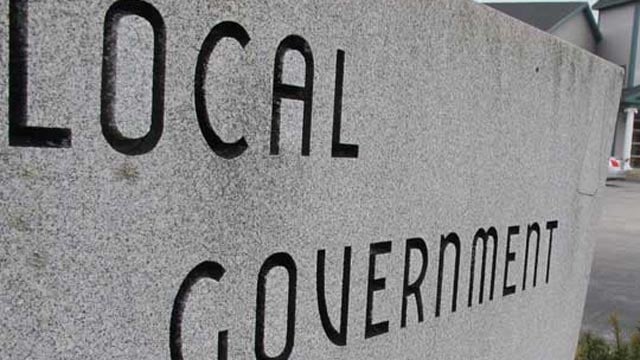At the heart of communication management is Public Relations (PR). It is the branch of communication that focuses on promoting good image and optimizing virtuous news about individuals or organisations and preventing bad news and unpleasant perceptions about a brand. The PR processes are deliberate, intentional, interactional, affective, and goal-oriented; and public relations is not just a management function but, in the words of the President of NIPR, Ike Neliaku, Ph.D., PR is also a leadership function.
Public relations practice formally started in Nigeria in 1943 as a government department. After Independence, the Department was moved to the emergent Federal Ministry of Information (FMI). Dr. Sam Epelle, who became the Director of PR at FMI, was instrumental to the formation of the Public Relations Association of Nigeria (PRAN) in 1963. In 1972, PRAN was renamed Nigerian Institute of Public Relations (NIPR). According to Badaru (2012), PRAN was the first attempt made by Nigerians to perfect PR practice in Nigeria.
So, while governmental PR birthed the practice of PR in Nigeria, it was soon followed by corporate PR when the United African Company set up a PR department as the transition from goods merchandising to industrial production locally showed the imperative of broader communication with customers. However, as Offonry (1985) documented, the establishment of mass communication studies at the universities in Nsukka and Lagos, and the Institute of Management and Technology, Enugu, provided the intellectual spine for the effective practice of the profession in Nigeria.
Today, more than half of about 270 universities in Nigeria and at least 60 of the polytechnics, monotechnics and allied institutions in Nigeria offer communication studies programmes that include public relations. The practice has also flourished, especially after the Nigerian Institute of Public Relations (NIPR) was chartered in 1990,
– the very first national public relations institution in the world to be chartered. The law establishing PR in Nigeria has become an Act of the National Assembly and codified in Cap 114 of the Laws of the Federation of Nigeria. It is interesting to note that whereas the CIPR of the UK was established 15 years before NIPR, the NIPR was chartered in 1990, 15 years before CIPR got the Privy Council’s nod to be a chartered body.
Advertisement
It is also significant that public relations functions in the Nigerian public service have been caderised since December 2023. For practitioners in Nigeria and on the African continent, we can only look forward to a greater future, especially in the context of the Renaissance unfolding in NIPR and APRA. It is also gratifying that the Global Alliance for Public Relations and Communication Management (ally of NIPR and APRA) will be presenting a memo to the United Nations this month requesting that “RESPONSIBLE COMMUNICATION” be made the 18th Sustainable Development Goal.
Suffice it to say that, it has been an amazing journey of evolution for public relations and I look forward, very enthusiastically, to a reinforced trajectory for public relations scholarship and practice, especially leveraging technology and data for insight. I therefore raise the banner of ethical and responsible use of Artificial Intelligence in public relations practice in our fast-paced changing world.
#WorldPRDay
#BoldlyPublicRelations
Advertisement
Ibietan is the Head of Media Relations at the Nigerian Communications Commission and Secretary General of African Public Relations Association.
Views expressed by contributors are strictly personal and not of TheCable.
Add a comment









